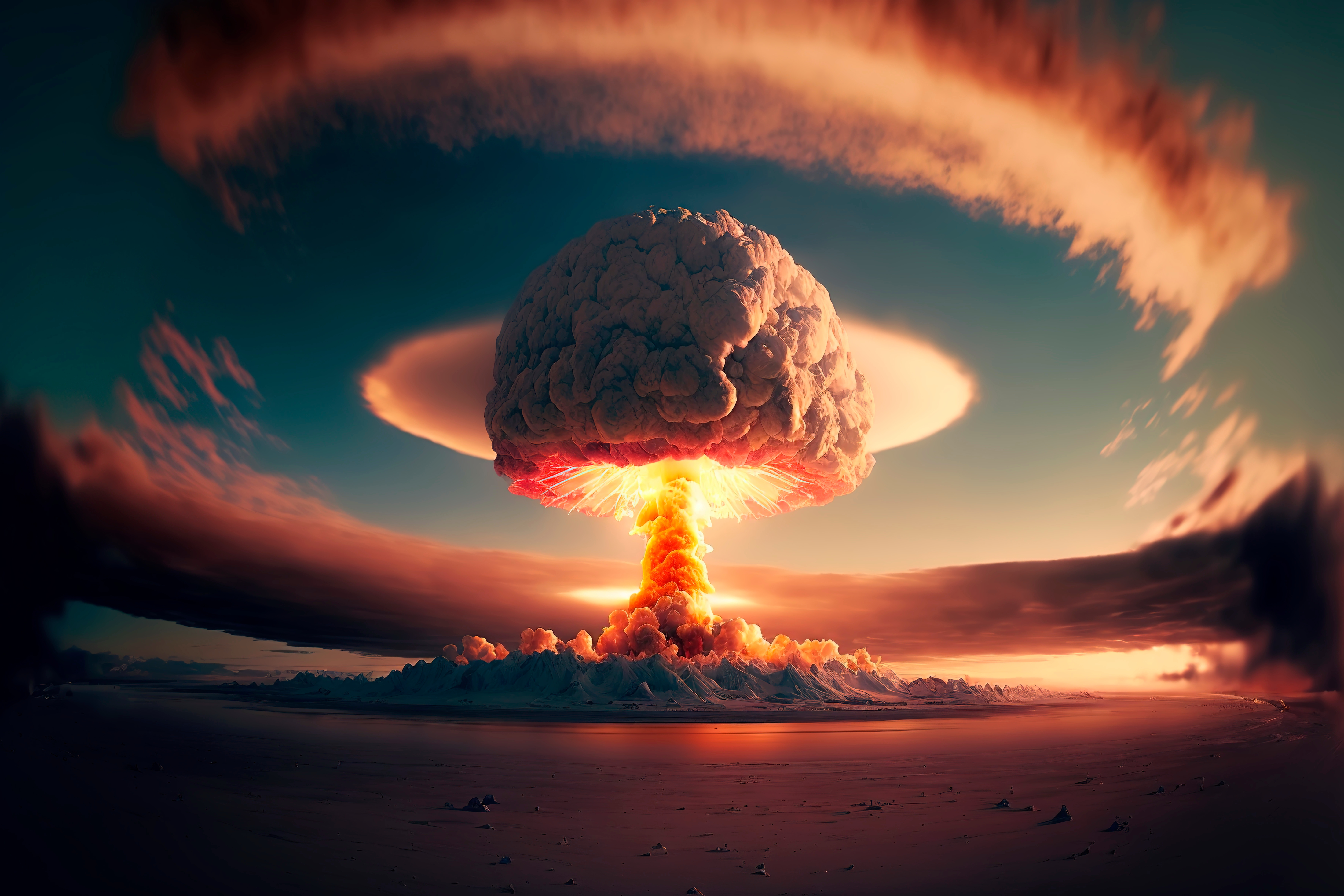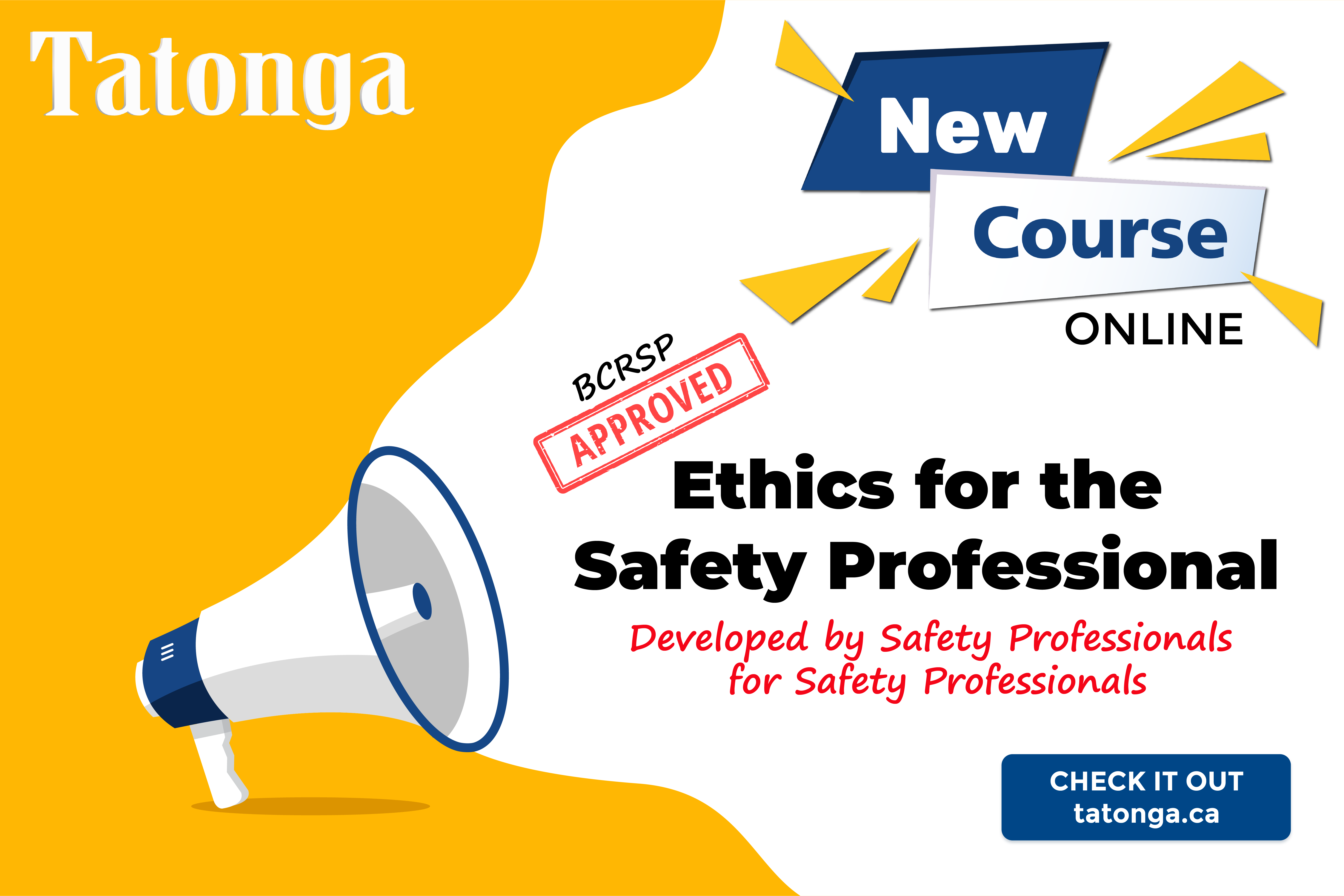Almost 100 years ago, World War II had just ended.
After rejecting a peace plan proposed by the Allied Forces, Japan suffered the destruction of two of its major cities, Hiroshima and Nagasaki, when two atomic bombs were dropped. At least 120,000 people were killed instantly, many of them civilians. Many more were injured or suffered long-term effects due to radiation exposure. The city centres were destroyed.
Japan surrendered.
The atomic bomb project was initiated due to a fear of Germany developing and using a weapon of this destruction on the United Kingdom or the United States.
These countries had to develop the bomb first. However, by the time the weapon was ready and tested, the war in Europe was over, Hitler was dead, and Germany had surrendered. The decision was made to use the bomb on Japan, who was still waging a devastating war in the Pacific.
This was the first time an atomic weapon was ever used in war.

Imagine the ethical dilemmas that must have played out on both sides.
What would the short term effect of the atomic bomb be? Would it serve its purpose? Or could it ignite the atmosphere and explode the world?
What would be the long term effect of the atomic bomb, not only physically on those who were directly impacted, but for the future of the world?
What would happen once the bomb was used, the atomic age started, and the ‘enemies’ (i.e., the Russians) got the bomb as well?
Did they consider where the bomb should be dropped and what the impact would be to civilians? Did they imagine how they would feel if it was dropped on New York? Was the potential of having an atomic bomb dropped on home territory part of their reasoning?
Japan was reportedly close to surrender, but the bomb would immediately end the war and minimize additional losses to the Allied Forces. Could surrender be achieved in a different, less destructive way? Was it necessary?
Would you have made the same decisions?


What is Ethics?
Ethics can be defined as the moral principles that govern a person’s behavior. What decisions do you have to make? If your decision could negatively affect someone or something no matter what you decide, you will have an ethical decision to make.
Why do we need ethics beyond the workplace?
Consider this common scenario: Your neighbour has a beautiful tree in their yard, providing them shade and a branch to hang a swing on for their children. However, the berries from that beautiful tree drop into your yard, staining your patio, and generally making a mess. If you cut down the branches overhanging the yard, the tree will die, a family loses their shade and a child, a swing. What do you do?
Or this: You are enjoying a day at the beach with your children. Close by is another family, lying in the sun and listening to music as their small children play in the shallow water, dangerously close to going too deep. You mention it to the parents, but they wave you away. Do you mind your own business and leave the children at risk of being carried away in the water? Do you take on the supervision of another person’s child, making a day at the beach less enjoyable for you? Are you putting your own children at risk by taking on this responsibility?
What do you do?
In the workplace, we also make ethical decisions, sometimes daily.
For example, your coworker leaves 10 minutes early every day, leaving you the closing tasks to complete. But your co-worker is a single parent and leaves early to catch the bus that gets her to the daycare on time (being punctual is a strict policy). Still, you are doing more work for the same pay and you are frustrated. There are things you could be doing if you left early every day too. If you tell your boss, will this damage your relationship with your coworker? Will she lose her job? Will you be viewed as uncaring?
Or, during an incident investigation, you learn there was blatant disregard of a key company procedure by a close friend of yours. Discipline or even dismissal might be the outcome. Your friend is a good worker and the sole income earner for a large family. You don’t want to make trouble for him. Perhaps you can address this issue privately and exclude this finding completely as there are other causes identified. If included, will it kill the friendship?
What do you do?
Want to learn more?
Check out our course on Ethics.
Decision-making must be within legal, ethical, and moral constraints, however there are many factors that can influence how we make them. Being aware of some of these factors will assist you in your decision making.
Ethics for the Safety Professional discusses this concept and guides you through the information you need to make ethical decisions, not only at work, but at home as well.
Created by Safety Professionals for Safety Professionals, but anyone can benefit from this course. Management, front line supervisors, health and safety committee members, we all make ethical decisions.
Approved by the Board of CRSP.



